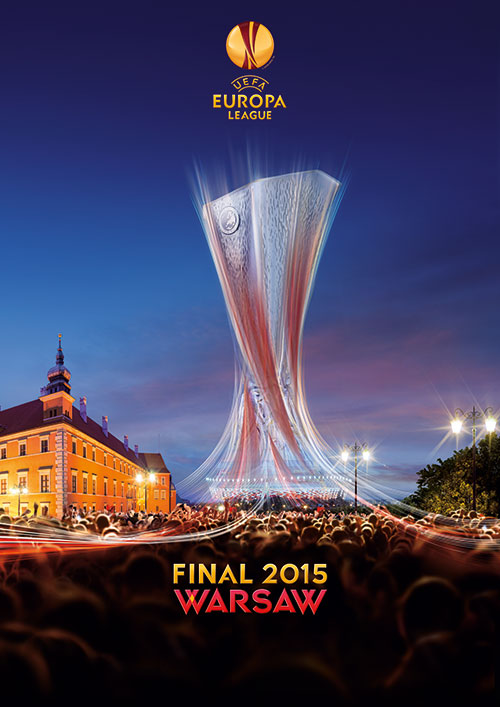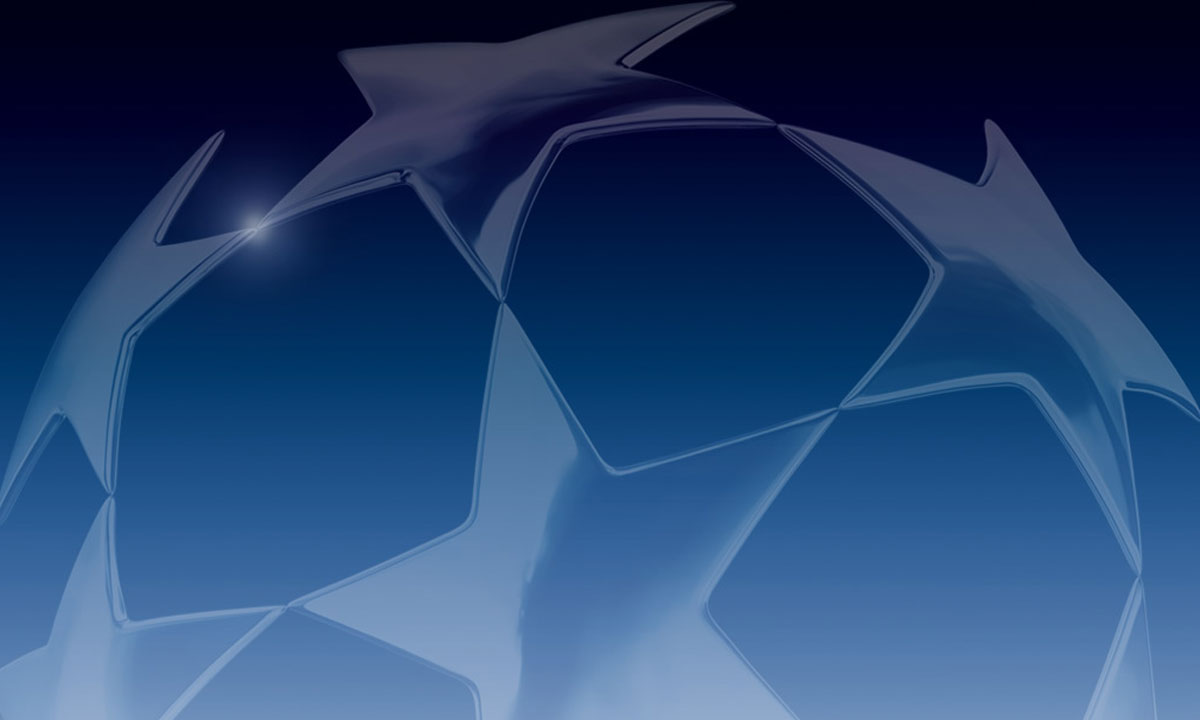Maybe it was due to frustration at the way a place in the Premier League’s top four slipped from Everton's grasp at the end of last season – understandable frustration, given the aching desperation to see our club finally get a crack at the Champions League, Europe's elite competition – but there were a good many Evertonians back in May who wanted no part of the Europa League this season.
Given how close the Blues came in Roberto Martinez’s first year in charge to cracking the top four and gaining a foothold on the real gravy train, the argument went, why would we compromise our ability to go one better this season by subjecting ourselves to travelling around the arse end of the Continent playing far-flung teams in the Europa League with so little reward for progressing deep into the tournament? And if you want to look at it in purely commercial terms or in the context of the potential impact on our Premier League form this season then, yes, that line of thinking has some merit.
UEFA’s secondary club competition continues to exist in the enormous shadow of the glittering – if somewhat incestuous – Champions League, with its media focus, global interest and eye-watering television revenues. With an embarrassingly low return on investment when compared to its more celebrated sibling and the unorthodox Thursday-Sunday schedule it demands, the Europa League is derided by some as a waste of time financially and an energy-sapping millstone around the necks of all who participate in it.
Granted, while UEFA continue to offer – somewhat perversely, it should be said – the parachute of entry to the Europa League’s round of 32 to eight of the Champions League group stage losers, their apparent refusal to funnel more of the broadcast millions from the former competition to the latter is as perplexing as it is maddening for those clubs, like Everton, who still have their noses pressed against the glass ceiling. But even before last month’s draw, where we finally found out our first three opponents, there were plenty of reasons to welcome the Blues’ qualification for this season’s Europa League, particularly after Arsenal’s victory in the FA Cup Final ensured that we were spared an extra two-legged tie by vaulting us straight into the group phase.
Again, while they may not be blockbusting in the Europa League, there are commercial benefits to regularly playing in Europe. It’s arguably the habit of repeat qualification, year in and year out, however, that is more important to the club and, specifically, the players. Perhaps that is nowhere more evident than at Arsenal where they have just qualified for the Champions League group stages for the 17th season in a row, a remarkable sequence during which they have often had to go through a playoff round in order to book their place. In describing the Blues’ imminent Europa League adventure as an “interesting experiment”, Martinez seems to understand the importance of instilling European competition back into the club’s DNA; Everton may not win the competition straight away but the experience along the way will be invaluable as he implements his longer-term strategy.
Taking the ambitious view, of course – and why not? – there is one very large carrot dangling on the end of the Europa Cup stick this season that wasn’t there the last time we were in it and that is a place in the Champions League for the winners of this year’s competition. If engineering a top-four finish through an exacting 38-game season, in what promises to be a more competitive top seven in the Premier League than was the case last season, proves to be too steep a challenge for Everton this time, focusing on successfully navigating their way through Europe and landing a trophy might prove to be a more rewarding path to the promised land.

Dare to dream
The poster for the 2015 Europa League final which takes place in Warsaw.
Finally – and not insignificantly in the context of both restoring Europe to the afore-mentioned Everton DNA and attaching more glamour to the Blues’ participation in the competition – this year’s draw pit us against some tasty opposition, certainly in comparison to the line up of, say, the UEFA Cup run of 2007-08 when we eased our way past Larissa, Nuremberg, AZ Alkmaar and Zenit St Petersburg. As they showed at Goodison this month, VfL Wolfsburg offer stern opposition, as will LOSC Lille, while the relatively unknown quantity of Krasnodar offers an altogether different proposition.
There are, however, some wider significances of our return to Europe that transcend the immediate concerns over form, fixture congestion and the impact on the team of travel. An indisputable part of the fabric of this great club is the fans’ experiences; the simple joys of following the Blues the length and breadth of the country – and, indeed, the Continent – and the stories that will be passed down through the generations. Ask any Evertonian who enjoyed triumphant away days in Nuremberg and Alkmaar or who made the unpredictable treks to Minsk and Kharkiv in Ukraine to fly the blue flag and they will surely count among their best memories as an Evertonian. It is, when all is said and done, so much of what being part of the Everton family is about.
With our history and pedigree, Everton belong in European competition and the droughts of our participation since the Heysel ban denied us the very real chance of holding aloft the European Cup for the first time in our history have been frustratingly prolonged, even as the club has re-established itself among the top group of clubs in England’s top flight over the past decade. It’s been five seasons since we last played in Continental competition and it was no small thrill to see our name join the likes of Inter Milan, PSV, Napoli and Fiorentina when the balls were cracked open in Monaco and then watch us despatch Wolfsburg back to Germany with a clinical and stubborn display. If Roberto can build on last season’s achievements at home by steadying his pitching ship in the domestic arena and then carry his fearless approach into the Continental arena, mixing it up with the best in Europe will surely become a habit rather than a fleeting dalliance.

